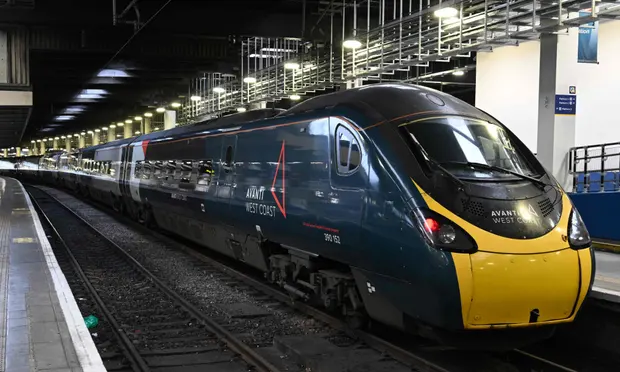Passengers are steeling themselves for further travel disruption across the UK as rail and Border Force staff launch a fresh wave of strikes affecting thousands heading home after Christmas.
Border Force staff at Britain’s largest airports, including those in passport control, resumed action over pay, jobs and working conditions on Wednesday. The 1,000 members of the Public and Commercial Services Union (PCS) are striking for four days until New Year’s Eve.
Civil servants were being called in to help military personal covering striking workers at airports including Heathrow and Gatwick in London, as well as Birmingham, Cardiff, Glasgow and Manchester, and the port of Newhaven.
While previous Border Force strikes, which ran from 23 to 26 December, caused minimal disruption as they fell during a time of low passenger traffic, union leaders have warned the dispute could carry on for six months if the government refuses to negotiate.
Meanwhile, members of the Transport Salaried Staffs’ Association (TSSA) on Great Western Railway and West Midlands Trains joined a series of rolling strikes by the union at various operators that began on 23 December, striking from noon on Wednesday to 11.59am on Thursday.
West Midlands Trains said that none of its services would be running from Wednesday morning as a result of the TSSA strike.
The action adds to the chaos on the rail network, which was still struggling to recover from overrunning engineering work after the RMT strike between Christmas Eve and Tuesday morning.
“Things have not changed since before Christmas in terms of a deal; it’s still in the government’s gift to ensure the employers can freely negotiate and can put together a deal that’s acceptable to our members and affordable to employers.”
Driving examiners and rural payment officers have also been holding rolling strikes since 13 December, and are expected to continue their industrial action until 16 January.
Examiners at 71 driving test centres will strike for five days from Wednesday, as the PCS union calls for a 10% pay rise for striking staff, as well as improved job security and pensions. The union also wants protection of existing redundancy terms.



